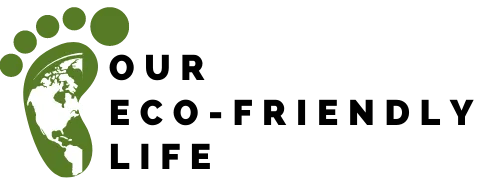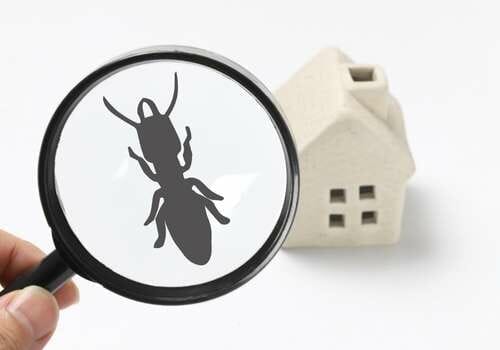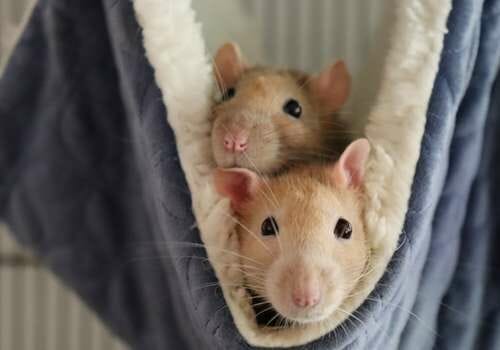7 Sustainable Plant Based Fabrics That Are Just As Good
Learn about some of the best sustainable plant based fabrics on the market and how they compare to traditional materials.
Plant based fabrics have gained a lot of popularity recently as people become more conscious of their environmental impact. Sustainable vegan fabrics offer an ideal alternative to regular fabrics, as they are both versatile and earth-friendly.
7 Types Of Palnt Based Fabrics
There are now several sustainable fabrics available on the market that serve just as well as traditional materials. Our top 7 picks include organic cotton, linen, hemp, nettle fiber, milkweed silk, bamboo, and pineapple leather.
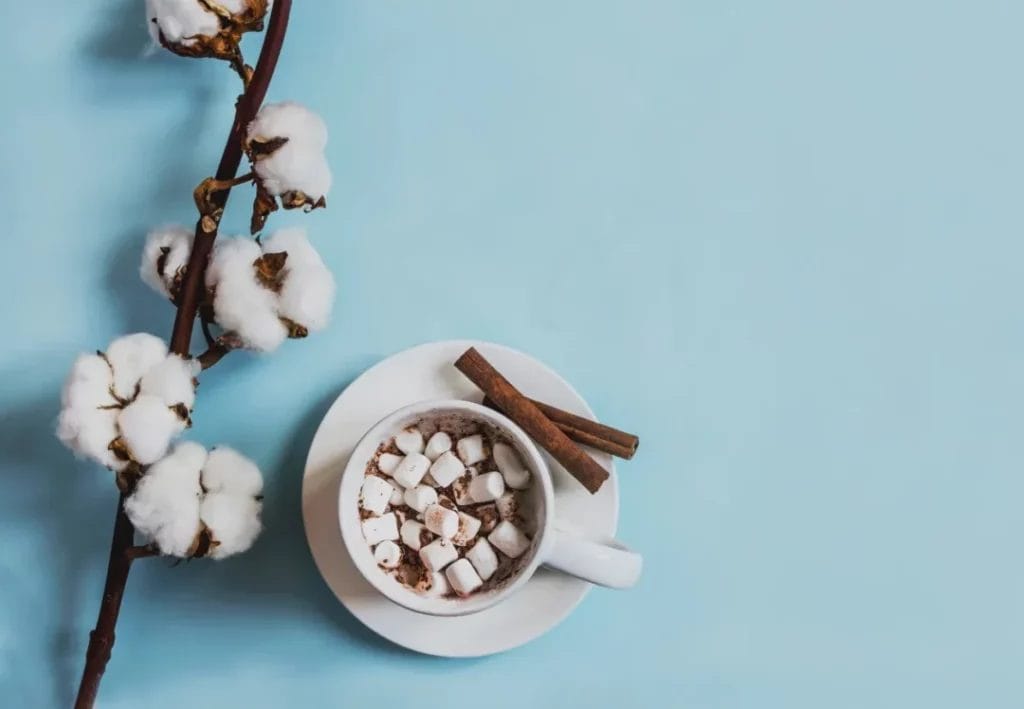
Organic Cotton Fabric
Organic cotton is rapidly becoming one of the most sought-after materials by clothing brands. It offers a superior level of quality while reducing its environmental impact due to improved soil, water, and energy conservation.
Organic cotton farming requires less harmful chemicals use and emits fewer pollutants in our air and waterways than conventional cotton. Not only is this good for the environment, but organic cotton is also ideal for people with allergies or sensitive skin because it has been made without hazardous chemicals that might cause irritation.
Get Your Hand on Your Eco-Friendly Living Starter Guide!
Moreover, organic cotton fabric products last far longer than regular fabrics ensuring your clothes stay looking fresh wash after wash. So if you’re looking for an eco-friendly, soft fabric, cotton clothing option that still looks great and feels great on your skin, then organic or recycled cotton is definitely worth considering.
Linen Fabric
Derived from the flax plant, linen is breathable and cool to the touch, perfect for home decor that stands up to frequent use. It is one of the most sought-after fabrics for clothing and bedding in both high-class and casual apparel.
Its unique qualities make it the go-to material for those looking to stay cool and look stylish in all seasons. Not only is linen lightweight, durable, and breathable, but it also has a luxurious appeal that can easily elevate any outfit.
The vegan fabric is also gentle on sensitive skin, making it an ideal choice for sensitive individuals. Furthermore, linen is strong but flexible which allows it to hold its shape longer than other fabrics – that’s why you often see linen robes worn by celebrities at big awards events. With unique qualities like these, it’s no wonder why many people favor linen for their clothing choices.
Hemp Fabric
Hemp fabric is becoming an increasingly popular choice due to its natural, sustainable, and eco-friendly attributes. Made from cannabis Sativa plant natural fibers, hemp sustainable fabric provides durability and can last up to twice as long as synthetic fabrics.
With it being a renewable resource, hemp fibers are extremely efficient in soil preservation, reducing water waste and absorption of CO2 emissions – three clear advantages over traditional fabric production. Hemp’s breathability makes it all the more desirable for warm-weather clothing; not only does it wick moisture away from the skin but also keeps the wearer cool in hotter climates.
Hemp also boasts UV protection, and antimicrobial properties and holds its shape better than other fabrics due to its unique plant fibers. An added bonus is that hemp fabric grows softer with each wash – up to five times softer after spanning just two years of regular usage – making it a great alternative when looking for naturally derived vegan textiles that offer longevity.
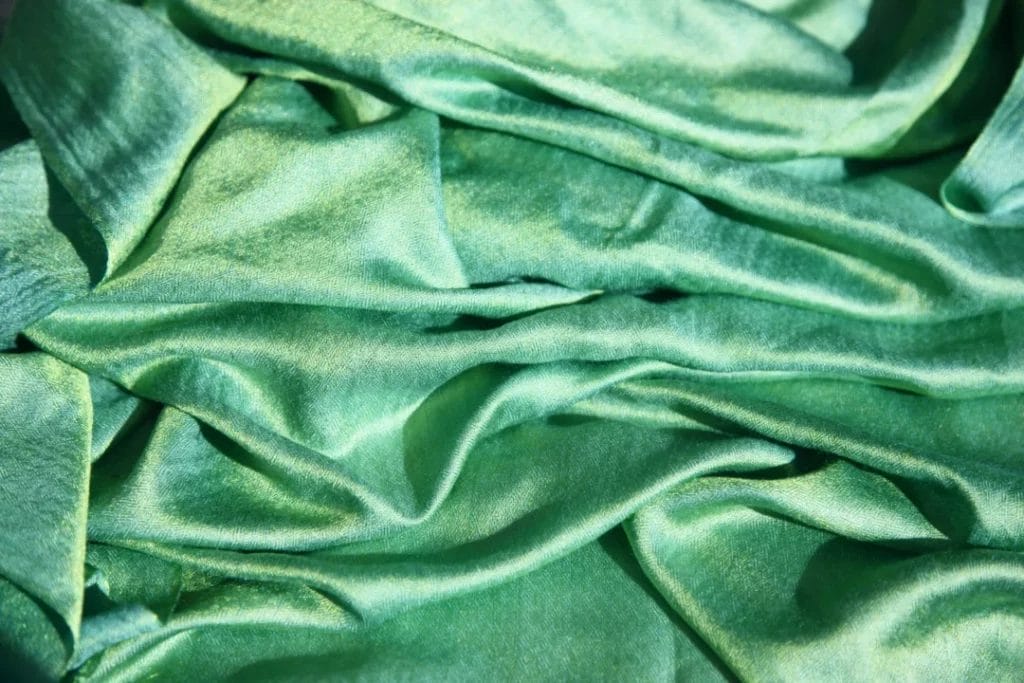
Nettle Fiber
Nettle fiber is the new kid on the block amongst plant-based fabric alternatives; although it has yet to be seen in mainstream fashion labels, it’s quickly becoming a favorite amongst eco-conscious shoppers due to its sustainability during production. Nettle fiber is derived from the Common Nettle plant, a perennial flowering herb found in temperate regions. It’s processed into a wide variety of usable products, such as thread and cloth, sacks, and ropes.
Compared to other fabrics or fibers like cotton or polyester, nettle fiber stands out for its unparalleled durability, making it an ideal choice for items such as rope and twine. In the textile industry, nettle fiber is often used in fiber blends because of its high luster, sheen, and tensile strength.
Additionally, this type of fabric has demonstrated flame-retardant properties; an invaluable quality that makes nettle fiber ideal for furniture upholstery and drapes in commercial settings. While slightly frowned upon due to its medicinal stings, we can admire nettle fiber’s hardiness and sheer strength and invite others to enjoy the wonders of this surprisingly practical material.
Milkweed Silk
Milkweed silk, or ‘sutera’, is the silky thread spun by certain species of milkweed. It is widely admired for its beauty and is surprisingly versatile, hence explaining why it’s been used over centuries in apparel, bedding, insulated coats, puppet-making supplies, and much more.
Sutera can be woven into a fabric as beautiful as silk but with superior strength and durability. In addition to clothing, Sutera has also been traditionally used to create insect nets like mosquito nets which remain effective despite being stretched out over triangular frames. The luxurious fabric is used not only because of its strength and elasticity but also due to its UV protective qualities; this makes it particularly suitable for outdoor use such as in the crafting of awnings and fishing lines. Milkweed silk is also gaining ground alongside nettle fiber and surprisingly enough can be used to create a range of products from paper and facial tissues right down to snowshoe thongs!
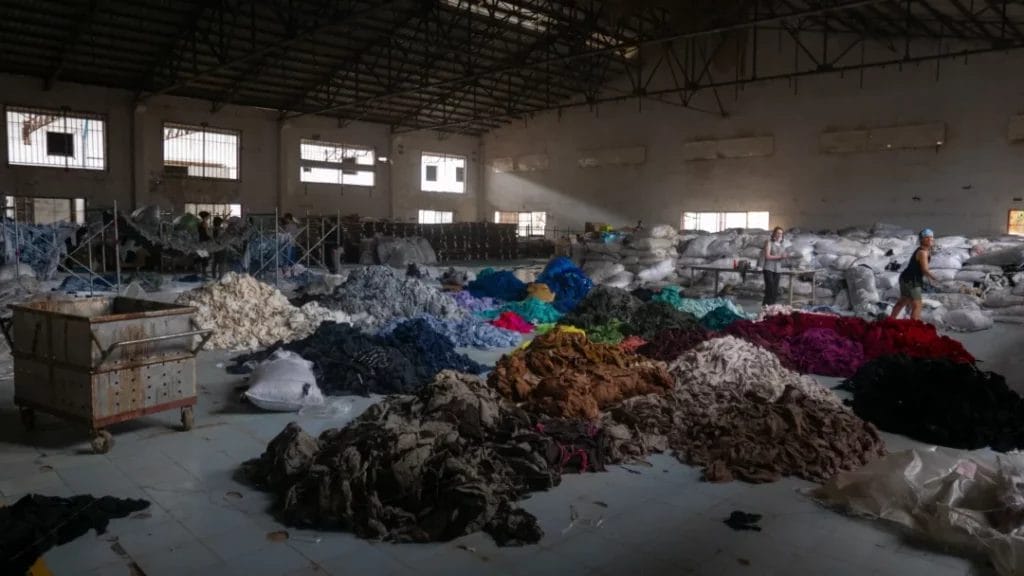
Bamboo Fabric
Bamboo fabric is rising in popularity as an environmentally-friendly and sustainable alternative material. One of the main draws of bamboo fabric is its incredibly soft texture – so soft it’s often compared to silk or cashmere – that comes from the presence of natural cellulose.
Alongside being soft, the bamboo fabrics also have a number of other features that are ideal for clothing; they are naturally hypoallergenic, breathable, and resistant to odor. As well as being good for those with sensitive skin, its resistance to odor makes it perfect for physically demanding activities like playing sports. Furthermore, bamboo viscose is fully biodegradable and compostable which makes it more sustainable vegan fashion than other synthetic materials.
Pineapple Leather
Lastly, pineapple-based leather takes us by surprise with its realistic look mimicking traditional animal skin. It is made from the waste stems and peels of pineapples, making it a sustainable source that reduces waste after using natural resources.
Utilizing pineapple by-products also helps producers to use up extra supply. Currently, this leather is mostly used in fashion items such as wallets, bags, and shoes. And the best part? This vegan leather has an incredibly silky texture that is soft to the touch yet durable; it also has natural anti-bacterial properties!
Furthermore, this unique material can easily be dyed with color so you can have practically any design your heart desires. Ultimately, pineapple leather proves to be not just wallet-friendly but better for our environment as well.
With all these sustainable plant based, cruelty-free fabrics options available nowadays there’s certainly something out there for everyone who wants to make smarter choices when shopping. You could even look for recycled materials like recycled polyester. So, build a sustainable wardrobe that won’t sacrifice taste or style along the way.
